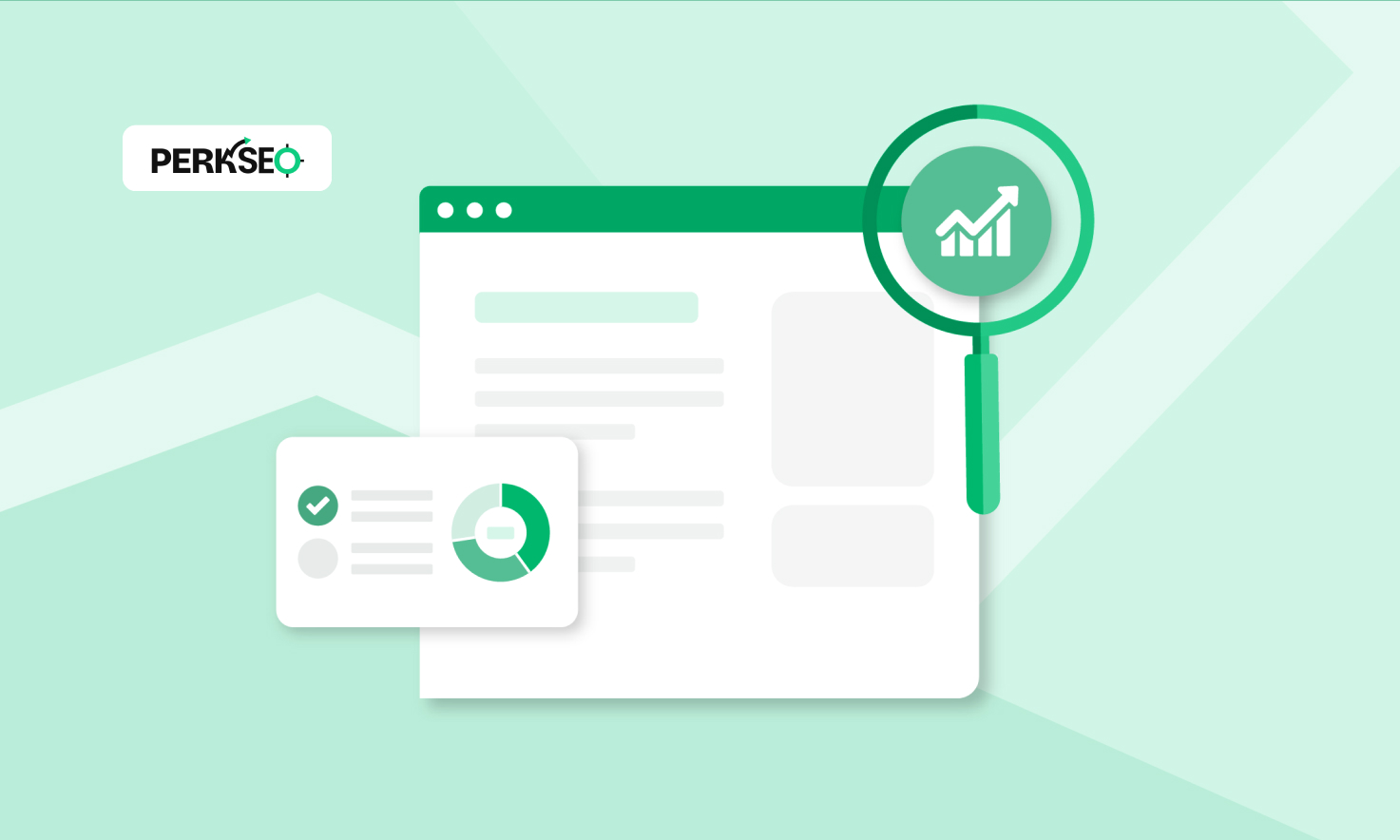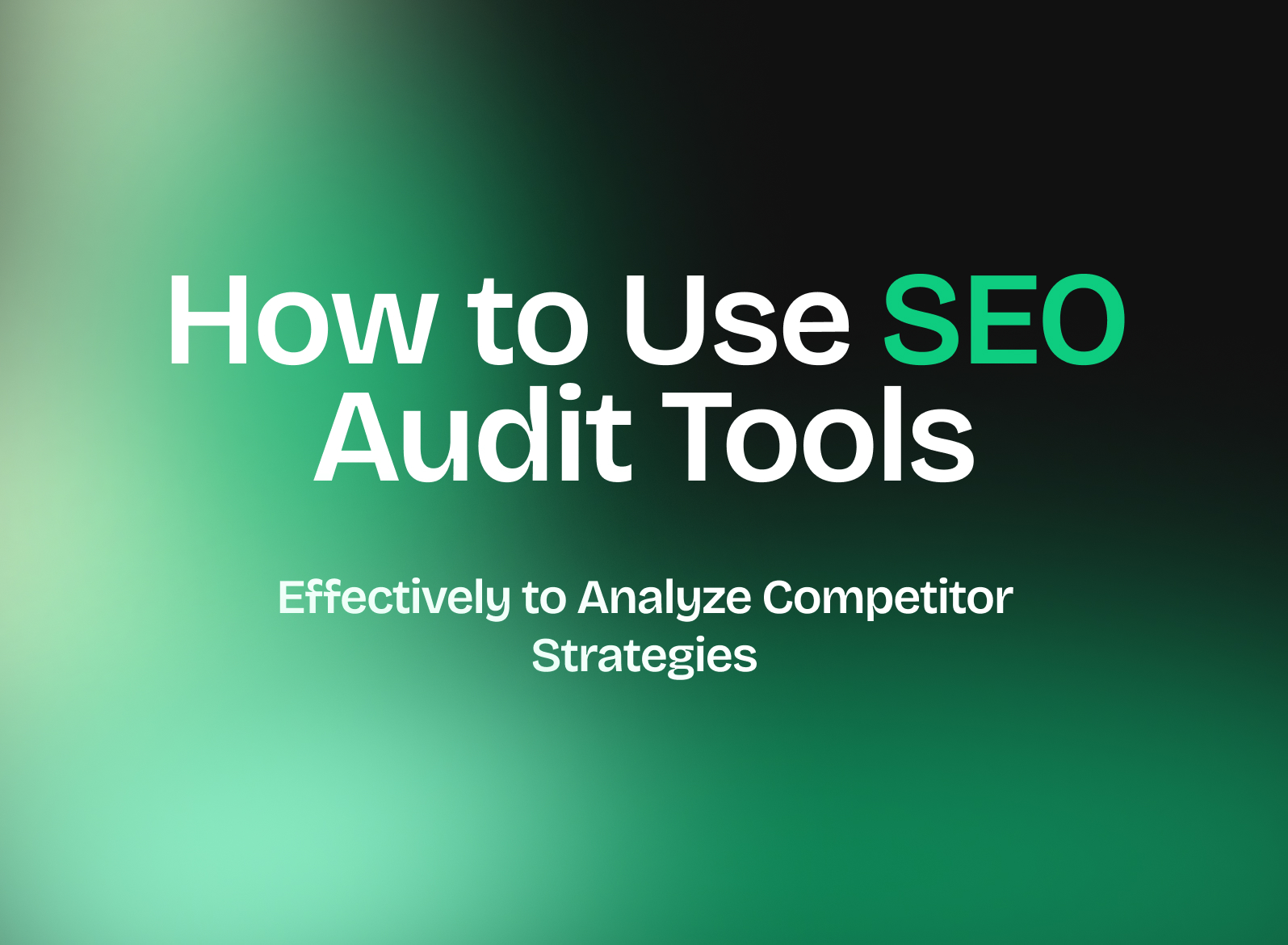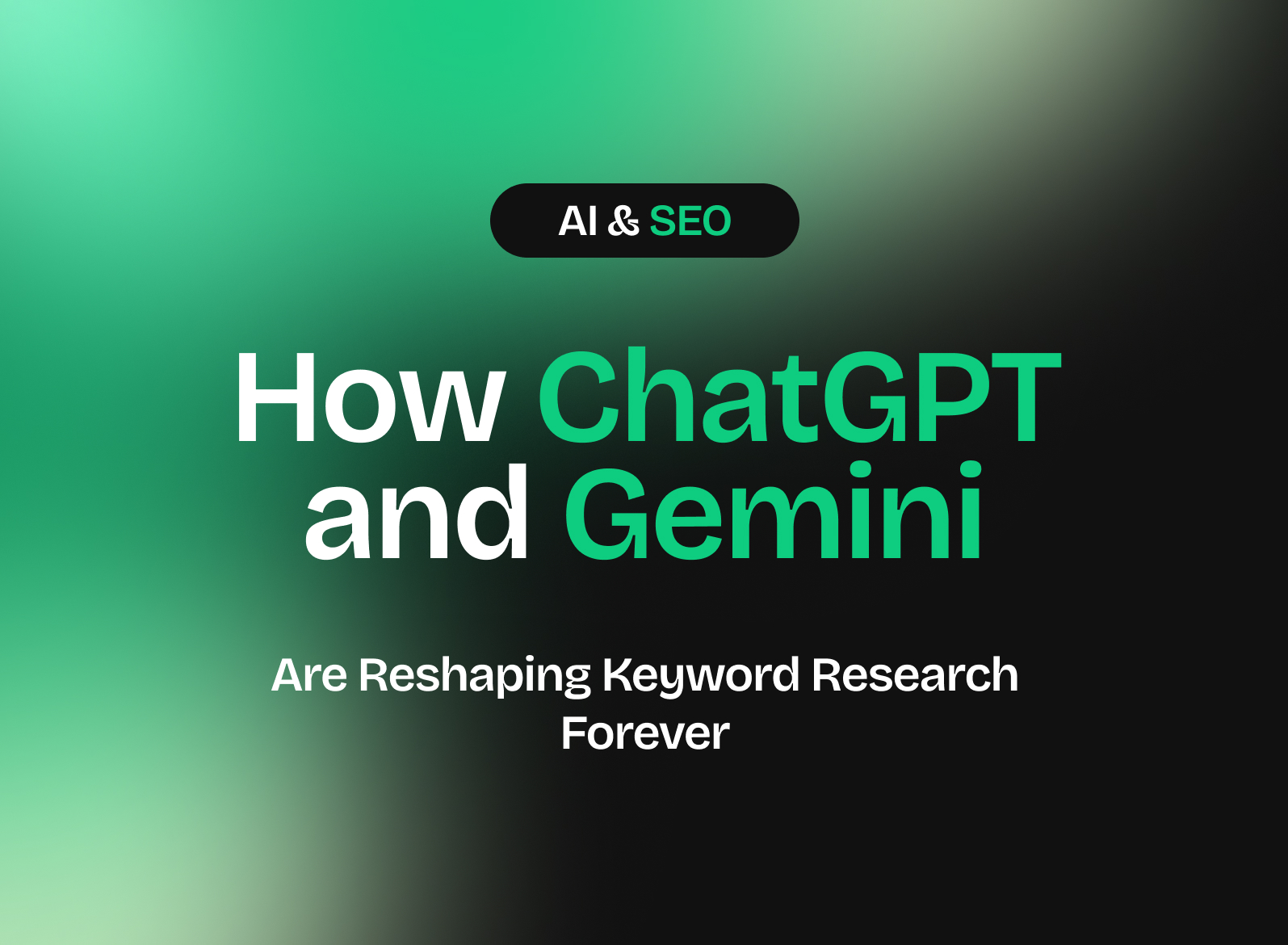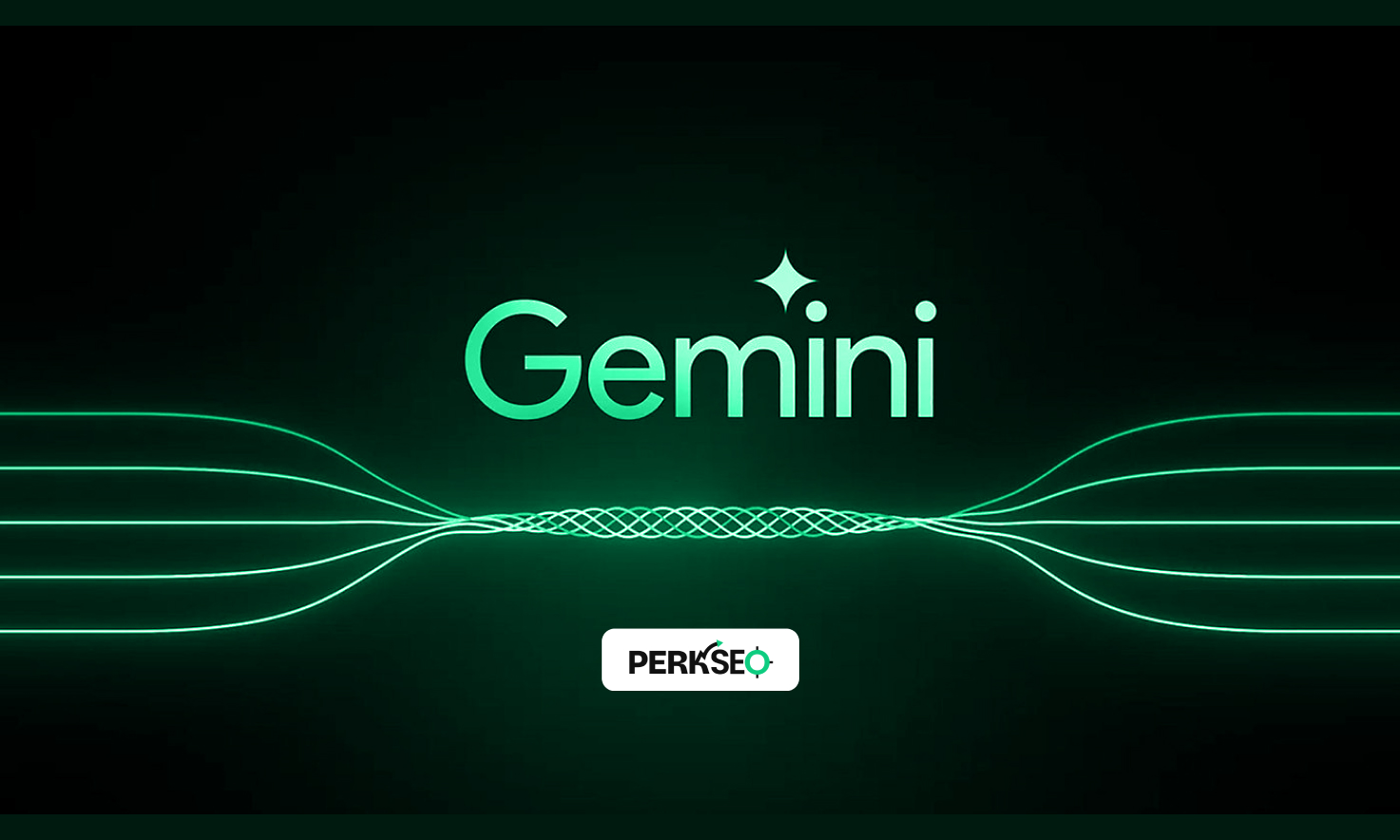
Your competitors are not just rivals; they are a goldmine of strategic data. By understanding what makes them rank, you can reverse engineer their success, avoid their mistakes, and find untapped opportunities to dominate the search results. But how do you uncover these valuable insights? The answer lies in using SEO audit tools not just for your own site, but to perform a deep analysis of your competitors.
This guide will walk you through how to use SEO audit tools to analyze competitor strategies effectively. We will cover everything from identifying their top keywords to dissecting their backlink profiles and technical foundations. By the end, you’ll have a clear roadmap to transform competitor data into a powerful advantage for your own efforts.
Why Bother Analyzing Competitor SEO?
Before diving into the “how,” let’s establish the “why.” A comprehensive competitor analysis using a robust SEO audit platform provides a competitive intelligence report card. It helps you:
- Benchmark Your Performance: Understand where you stand in the digital landscape compared to others in your niche.
- Discover Winning Keywords: Find the high-value keywords your competitors are ranking for that you might have missed.
- Uncover Content Gaps: Identify topics your audience is searching for that your competitors cover but you don’t.
- Build a Better Backlink Strategy: Find high-authority domains linking to your competitors and target them for your own link-building campaigns.
- Learn from Their Successes (and Failures): Adopt strategies that are clearly working for them and avoid the tactics that aren’t.
Essentially, a competitor SEO performance audit removes the guesswork, allowing you to build a data-driven strategy poised for success.
Getting Started: The Essential SEO Audit Toolkit
To effectively spy on your competition, you need the right arsenal of tools. While a single, all-in-one SEO audit solution is convenient, a combination of specialized tools often yields the best results. Your SEO audit toolkit should include a mix of the following:
- All-in-One Suites: Platforms like Ahrefs, Semrush, and Moz offer a wide range of features, from keyword research to backlink analysis. Many provide an SEO audit tool free trial to get you started.
- Website Crawlers: Tools like Screaming Frog SEO Spider are essential for a deep technical SEO audit. They act as an SEO audit crawler, mapping out a website’s structure just like a search engine would.
- Browser Extensions: For a quick SEO audit, nothing beats a good SEO audit Chrome extension. These tools provide instant on-page data, a mobile SEO audit preview, and a rapid SEO health check of any page you visit.
- Specialized Tools: Don’t forget tools for specific tasks, like PageSpeed Insights for site speed and GTmetrix for performance metrics.
Many of these platforms can also function as an SEO audit generator, creating downloadable reports that are perfect for sharing with your team or clients.

A Step-by-Step Guide: How to Use SEO Audit Tools to Analyze Competitor Strategies
Ready to begin your investigation? Follow this seo audit step by step process to deconstruct your competitors’ online presence.
Step 1: Identify Your True SEO Competitors
Your business competitors are not always your SEO competitors. You are competing against any website that ranks for your target keywords. Start by listing your top 5-10 target keywords and see who consistently appears on the first page of Google. These are the sites you need to analyze. An online SEO audit tool can quickly show you the top players for any given search term.
Step 2: Conduct a Keyword Gap Analysis
A keyword gap analysis reveals the keywords your competitors rank for, but you don’t. This is one of the most powerful ways to expand your content strategy and capture more traffic.
Using an all-in-one SEO tool, enter your domain and the domains of 2-3 top competitors. The tool will generate a list of keywords that one or more of your competitors rank for. Look for keywords with decent search volume and commercial intent. These are your golden opportunities. This process helps you understand your SEO audit competitors’ keyword focus and refine your own.
Step 3: Analyze Top-Performing Content
Once you know which keywords your competitors are targeting, you need to understand why their content is ranking. Navigate to the “Top Pages” or “Organic Pages” report in your chosen SEO tool for each competitor. This will show you which of their pages drive the most organic traffic.
For each top page, ask yourself:
- What is the content format? (e.g., blog post, landing page, video, tool)
- How deep is the coverage? Is it a comprehensive guide or a brief overview?
- What is the user intent? Is it informational, transactional, or navigational?
- How is it structured? Note the use of headings, lists, images, and other formatting.
This analysis helps you create content that is not just as good as your competitors’ but significantly better. You can even use an SEO audit generator online to create a quick report comparing your content structure to theirs.
Step 4: Deconstruct Their Backlink Profile
Backlinks are a massive ranking factor. Analyzing your competitors’ backlink profiles shows you who is endorsing them and provides a roadmap for your own link-building efforts.
Use an SEO audit analyzer to pull a complete list of backlinks for each competitor. Don’t just look at the number of links; focus on quality. Filter the results to identify:
- High-Authority Links: Find links from reputable and relevant websites in your industry.
- Common Link Sources: Do all your top competitors have links from the same few sites? Those sites should be at the top of your outreach list.
- Link Type: Are the links from guest posts, resource pages, or directory listings? This informs the type of outreach you should be doing.
A thorough backlink analysis is a core component of any website audit for seo. For small businesses, finding these opportunities can level the playing field. This is a critical part of a local SEO audit as well, as you’ll want to find local directories and publications linking to your regional competitors.
Step 5: Perform a Technical SEO Audit on Their Site
Now it’s time to get technical. While you can’t access their Google Search Console, you can still get a great deal of information using an SEO audit crawler like Screaming Frog or the site audit feature within larger platforms. This is where you can uncover their technical strengths and weaknesses.
During this technical seo audit, look at:
- Site Speed: Use Google’s PageSpeed Insights to check their Core Web Vitals. Is their site fast on both desktop and mobile? A slow site presents an opportunity for you to win with a better user experience.
- Mobile-Friendliness: A proper mobile seo audit is non-negotiable. Check how their site renders and functions on mobile devices. Any issues here are weaknesses you can exploit.
- Site Architecture: How is their site structured? Is it logical and easy for crawlers to navigate? A shallow, well-organized site structure is a best practice to emulate.
- Schema Markup: Use the Schema Markup Validator to see what structured data they are using. Are they leveraging it for rich snippets?
- Crawl Errors: An SEO audit scan will reveal broken links (404s), redirect chains, and other issues. While you can’t fix their errors, knowing they have them shows they aren’t perfect.
Many of the best seo audit tools automate this process, providing a comprehensive report that highlights these technical elements. Even a simple seo audit focusing on these points can reveal a lot.
Step 6: Putting It All Together in a Competitor SEO Audit Report
After gathering all this data, you need to organize it into an actionable plan. Create a comprehensive competitor audit report or use a simple template. This document should summarize your findings for each competitor.
Your report should include:
- Top keywords and content opportunities.
- A list of high-priority backlink targets.
- Key technical advantages you can build.
- Strategic weaknesses you can exploit.
You can even find an seo audit pdf free template online to get started. Having a monthly or quarterly seo audit monthly check-in on competitors keeps your strategy fresh and responsive. For businesses like those on WordPress, an seo audit for wordpress can be especially revealing, as you can check which seo audit plugins they might be using.

Advanced Tactics: Beyond the Basic Audit
Once you have mastered the basics of how to use SEO audit tools to analyze competitor strategies, you can move on to more advanced techniques.
- Monitor Keyword Movement: Use a rank tracking tool to monitor your competitors’ seo audit keywords. Sudden jumps or drops in rankings can indicate a new strategy, a Google algorithm update, or a successful content push. An audit ranking tool is perfect for this.
- Analyze SERP Features: It’s not just about ranking #1 anymore. Are your competitors winning featured snippets, “People Also Ask” boxes, or video carousels? Analyze what they are doing to capture these valuable SERP features.
- Automated Audits: Set up an automated audit to run weekly or monthly. This allows you to track changes over time and get alerts when a competitor makes a significant move, like launching a new section of their site. Many solutions free or paid offer this functionality.
This continuous process of testing and monitoring ensures you never fall behind. Whether you need a website free tool or a premium platform, the key is consistency.
Your Path to SEO Dominance
Analyzing your competitors isn’t about copying them. It’s about learning, adapting, and outmaneuvering them with a smarter, more informed strategy. By consistently using audit tools to look beyond your own website, you transform the competitive landscape from a threat into an open book of opportunities.
Start with a free audit of a top competitor today. Use a free checker or an audit tool online to get a feel for the process. From a quick audit to a deep, technical analysis, every piece of information you gather is a step toward improving your own ranking. The insights are out there, waiting to be found.

From Leeds to the world our SEO strategies help you rank higher, attract more customers, and scale your business with confidence.
Services
Copyright © 2025 PerkSEO. All rights reserved.






